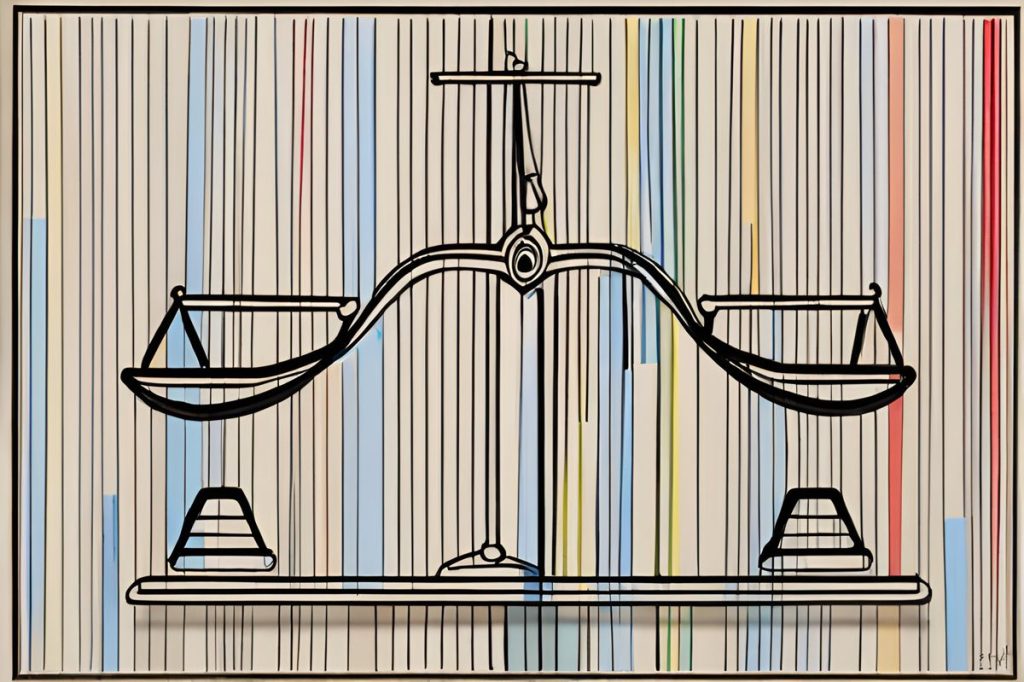In the Thanasis Nicolaou case, Attorney General George Savvides defends the Legal Service’s handling of the investigation into the guardsman’s controversial death, initially ruled a suicide in 2005 but later deemed a homicide. The case has sparked debate on legal integrity in Cyprus and is under scrutiny both nationally and internationally.
What is the Thanasis Nicolaou case about?
The Thanasis Nicolaou case revolves around the controversial death of a national guardsman, initially ruled a suicide in 2005, but later investigations concluded he was strangled. This case has highlighted flaws in the initial investigation and sparked debate on legal integrity and the justice system in Cyprus. Attorney General George Savvides defends the Legal Service’s conduct amid the inquiry and international scrutiny.
Legal Service Handling of the Case
In recent developments surrounding the much-debated Thanasis Nicolaou case, Attorney General George Savvides has made a clear statement defending the actions of the Legal Service. On Thursday, following a session at the Supreme Constitutional Court focused on the suspension case of the auditor-general, Savvides addressed the media, adamantly asserting that the Legal Service maintained appropriate conduct throughout the handling of the case.
The context of this statement arises from the twist in the tale of Thanasis Nicolaou, a national guardsman whose death in 2005 was initially ruled a suicide. After years of persistent inquiries, a third investigation concluded that Nicolaou did not take his own life but was strangled—a stark contradiction of the earlier stance held by authorities for nearly two decades.
Inquiry and Investigations
Thanasis Nicolaou’s death has long been a subject of controversy and grief. Found beneath Limassol’s Alassa bridge at the age of 26, the guardsman’s demise was hastily labeled as self-inflicted. However, the persistence of his family and supporters led to a renewed inquiry, culminating in a conclusion that shifted the narrative from suicide to homicide, highlighting serious flaws in the initial investigation.
Attorney General Savvides has taken a step to ensure transparency and due process by briefing the president on the matter, who then approved the appointment of two independent investigators. This decision, taken by the cabinet, was to uphold the integrity of the ongoing process. Savvides emphasized the importance of allowing these investigators to work unhindered and without preconceived notions about the Legal Service’s past decisions.
Judicial Proceedings and European Court of Human Rights
Judge Doria Varoshiotou, presiding over the case, did not withhold criticism regarding the proceedings. She pointed out the aggressive approach taken by state prosecutor Xenia Xenophontos during the inquiry, an approach that Varoshiotou deemed excessively argumentative. This tension is indicative of the high stakes and emotions involved, as the case challenges long-held assertions by the Legal Service.
Moreover, the case has seen its fair share of international scrutiny. The Legal Service’s insistence on accepting forensic findings that supported the suicide theory came under fire, especially when set against the backdrop of the European Court of Human Rights’ (ECHR) judgments. The ECHR had previously deemed the investigation into Nicolaou’s death to be inadequate, a stance that the Legal Service appeared to overlook in the pursuit of their narrative.
The Ripple Effect of a Guardsman’s Death
The revelation that Thanasis Nicolaou was murdered has reopened old wounds and posed questions about the integrity of initial investigations. It shines a light on broader issues within the justice system and has become a symbol of the fight against institutional negligence. The case, now a part of the public discourse, has also underscored the need for thorough and unbiased judicial processes, not only for the sake of the Nicolaou family but for the confidence of the Cypriot people in their legal institutions.
As the case progresses, it remains under the watchful eye of both national and international observers. The quest for truth in the tragic death of Thanasis Nicolaou continues, serving as a testament to the importance of perseverance in seeking justice, even against seemingly insurmountable odds.
What is the significance of the Thanasis Nicolaou case?
The Thanasis Nicolaou case centers around the controversial death of a national guardsman initially ruled as suicide in 2005, later determined to be a homicide. It has sparked widespread debate on legal integrity in Cyprus and has garnered attention both nationally and internationally. The case highlights the flaws in the initial investigation and emphasizes the importance of transparent and unbiased judicial processes.
How has the Legal Service handled the Thanasis Nicolaou case?
Attorney General George Savvides has defended the Legal Service’s conduct in handling the Thanasis Nicolaou case, amidst scrutiny and international attention. Despite criticisms and challenges faced during the investigation, efforts are being made to ensure transparency and due process. The appointment of independent investigators and the acknowledgment of flaws in the initial investigation demonstrate a commitment to upholding the integrity of the legal system.
What is the role of the European Court of Human Rights in the Thanasis Nicolaou case?
The European Court of Human Rights (ECHR) has played a significant role in the Thanasis Nicolaou case, having previously deemed the investigation into his death to be inadequate. The Legal Service’s acceptance of forensic findings supporting the suicide theory despite ECHR judgments has come under scrutiny. The ECHR’s involvement underscores the importance of adhering to international standards of justice and transparency in high-profile cases.
What impact has the Thanasis Nicolaou case had on the public discourse in Cyprus?
The Thanasis Nicolaou case has had a profound impact on public discourse in Cyprus, reopening old wounds and raising questions about the integrity of initial investigations. It serves as a symbol of the fight against institutional negligence and the need for thorough and unbiased judicial processes. The case has highlighted the importance of perseverance in seeking justice and has garnered attention from both national and international observers.

